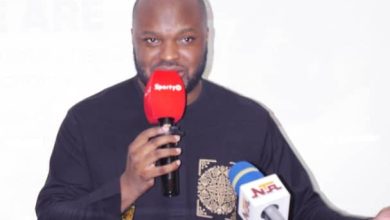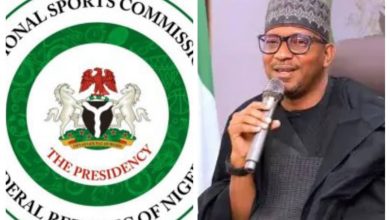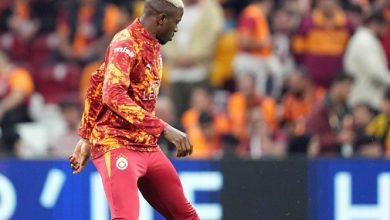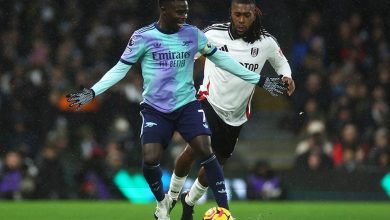EDITORIAL: NSC Must Act—Silence Is No Longer an Option in the AFN Crisis
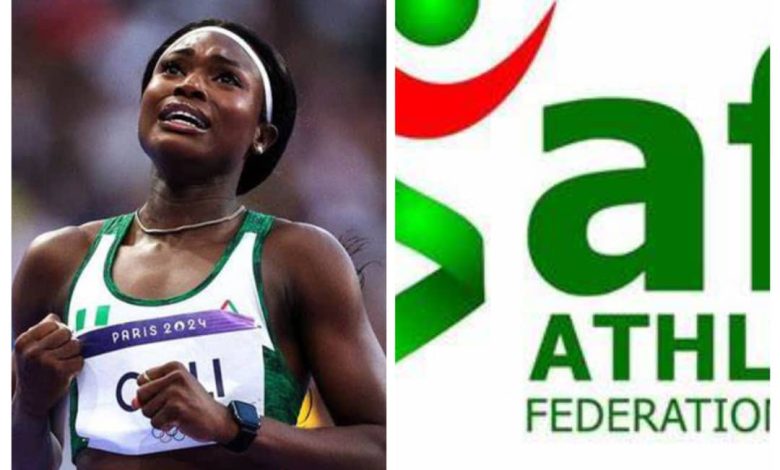
The time for silence and selective amnesia is over. The National Sports Commission (NSC), under its new leadership, must confront the rot within the Athletics Federation of Nigeria (AFN) with the urgency and transparency the moment demands.
The federation’s recent history is marred by administrative negligence, financial opacity, and constitutional violations—issues that have not only embarrassed the nation on the global stage but also eroded the trust of athletes and stakeholders alike.
The most glaring example remains the non-registration of Favour Ofili for the 100m event at the Paris 2024 Olympics—a scandal that drew international attention and prompted the formation of a ministerial investigative committee.
That committee recommended sanctions for two AFN officials, including Technical Director Samuel Onikeku, who admitted to knowing Ofili had not been registered weeks before the Games began. Yet, nearly a year later, no action has been taken.
This inaction casts serious doubt on the NSC’s much-touted ‘Reset, Relaunch, Refocus’ mantra. You cannot reset what you refuse to repair.
Even more troubling is the NSC’s failure to act on the findings of the AFN Audit Committee, which recommended that AFN President Tonobok Okowa refund ₦40 million he claimed to have loaned the federation—without board approval or documentation—from sponsorship funds provided by Premium Trust Bank.
The same report raised red flags about the use of sponsor funds to prosecute the 2023 World Athletics Championships despite budgetary allocations, again without board consent. These are not mere lapses; they are breaches of fiduciary duty.
The federation’s credibility is further under siege following a damning query from the Athletics Integrity Unit (AIU), which flagged multiple date-of-birth discrepancies among Nigerian athletes.
The AIU’s letter to the AFN demanded extensive documentation to explain how some athletes had two or even three different birthdates used in official competitions. If the AFN fails to provide a satisfactory explanation, the consequences could be severe—not just for the athletes involved, but for Nigeria’s standing in global athletics.
What’s most disheartening is the NSC’s apparent complicity through inaction. While it has shown enthusiasm in meddling with sports federation elections, it has been conspicuously absent when it comes to enforcing accountability.
This selective engagement undermines its credibility and raises questions about whether it is truly committed to reform or merely preserving the status quo.
The NSC must now summon the political will to act. It must revisit the ministerial committee’s recommendations, initiate a forensic review of the AFN’s financial dealings, and demand full compliance with the audit committee’s findings.
Anything less would be a betrayal—not just of the athletes who continue to suffer under a broken system, but of the Nigerian people who deserve better from those entrusted with stewarding their national pride.
The time for platitudes is over. The NSC must lead—or be remembered as the institution that watched Nigerian athletics crumble under its watch.

